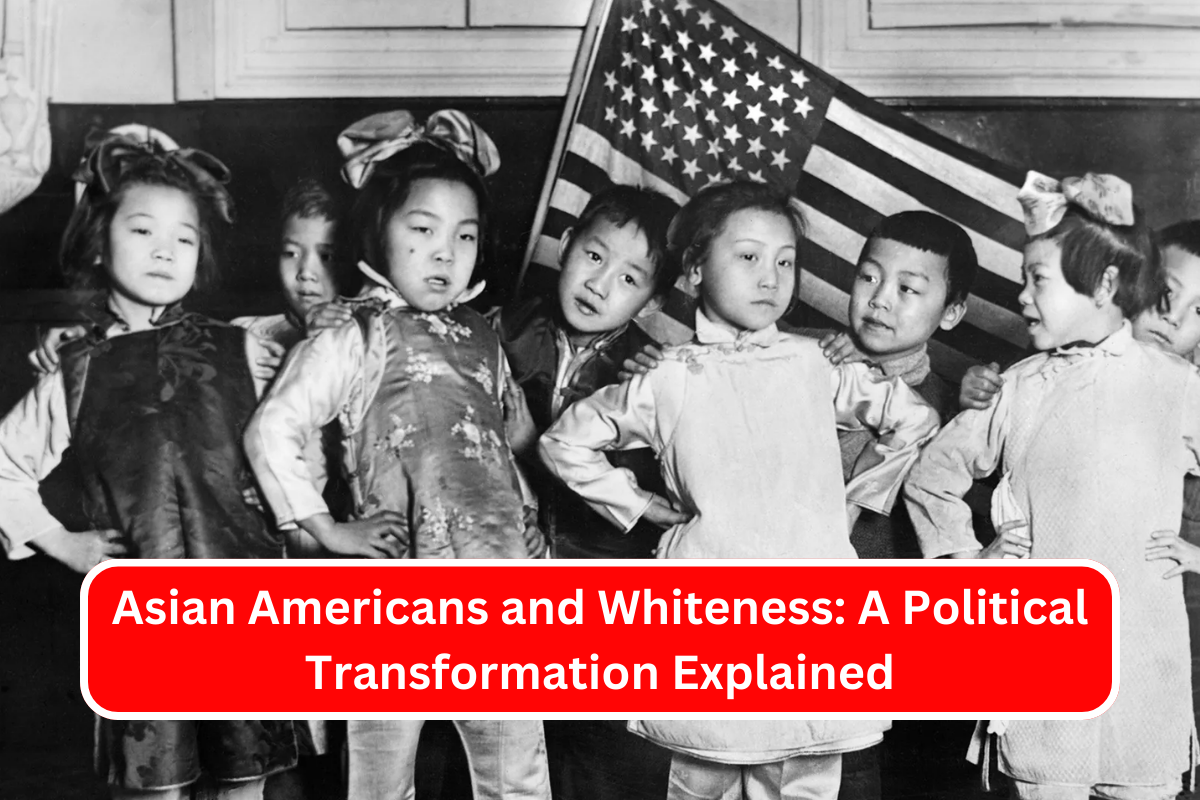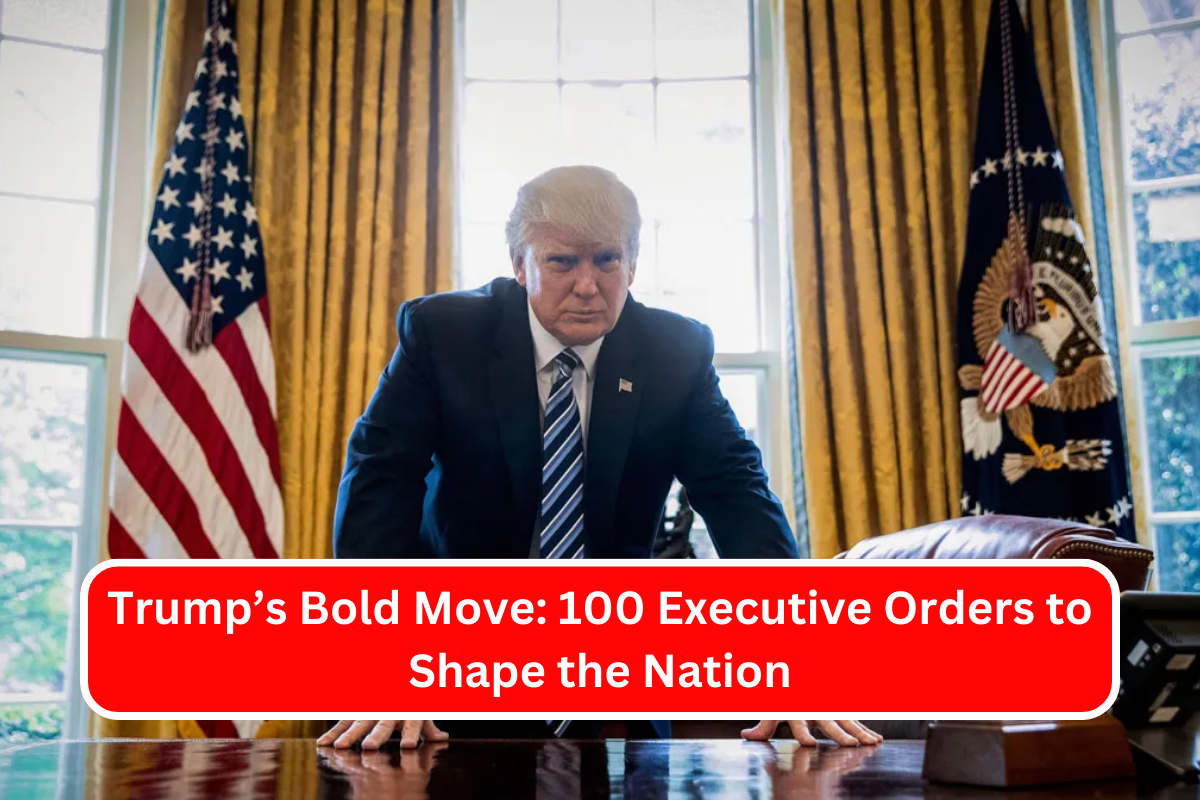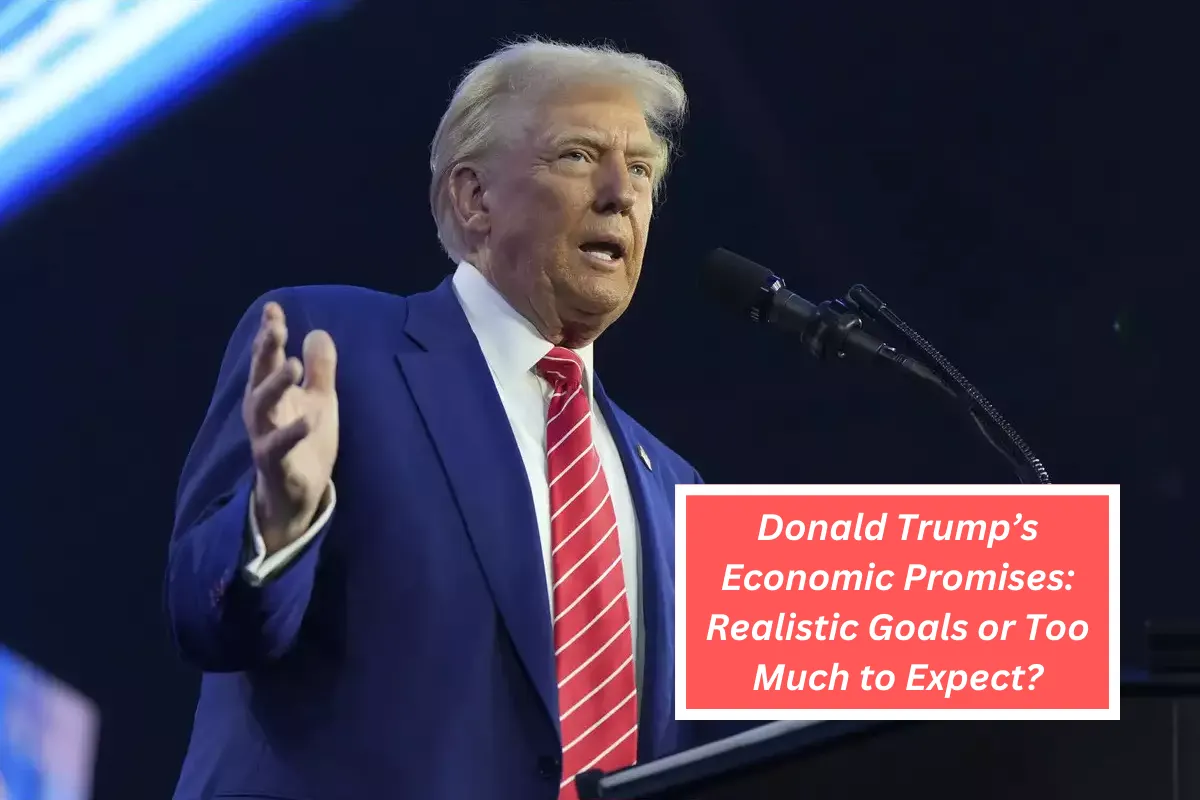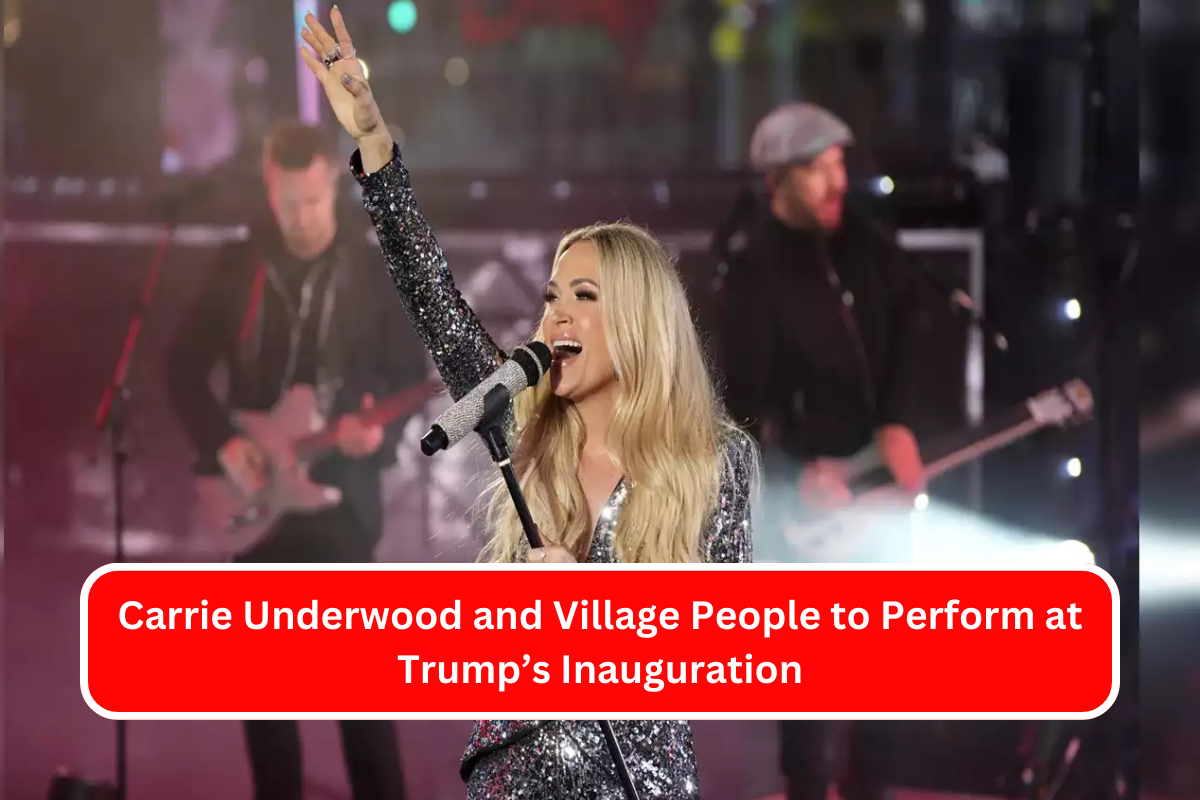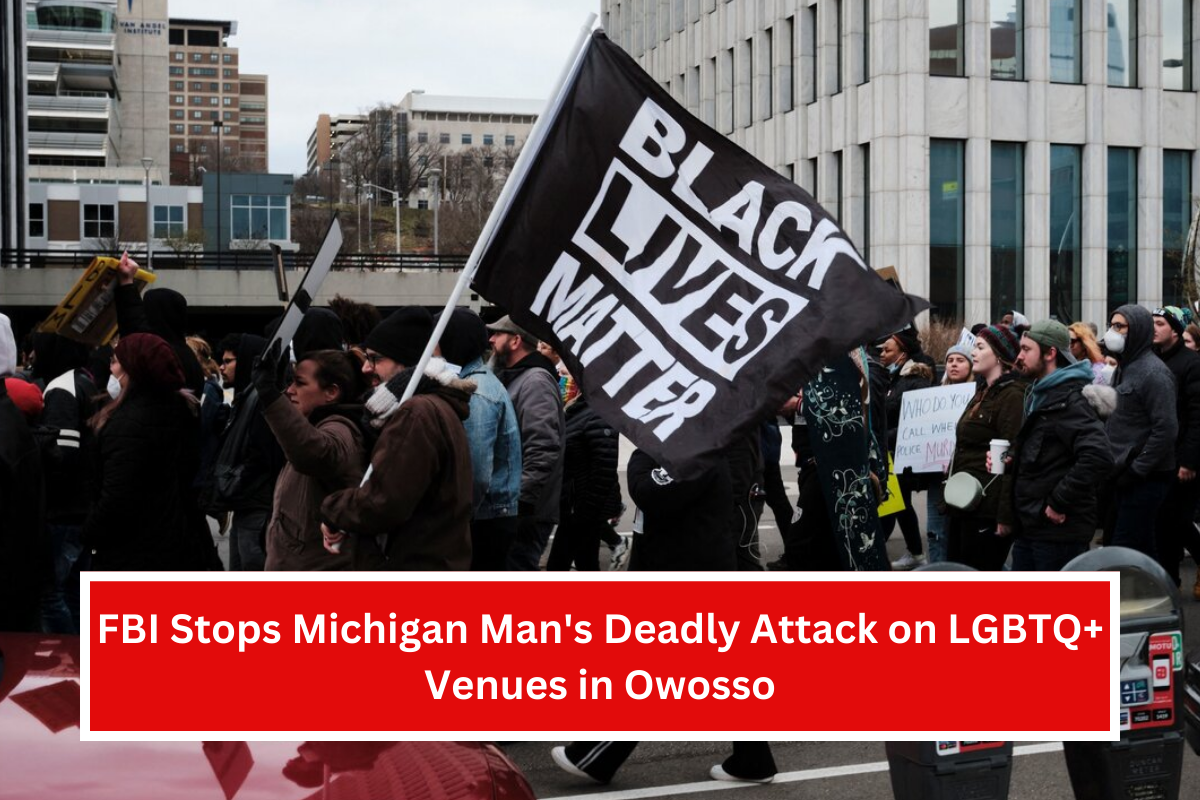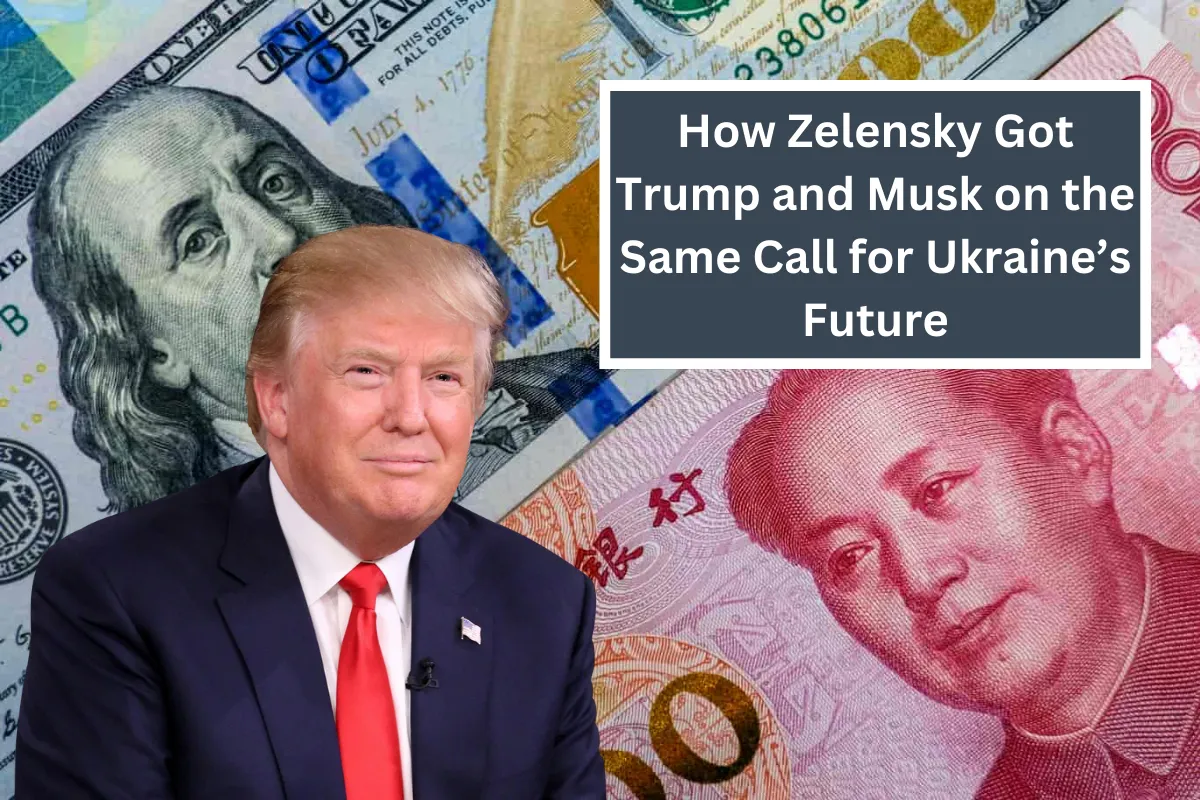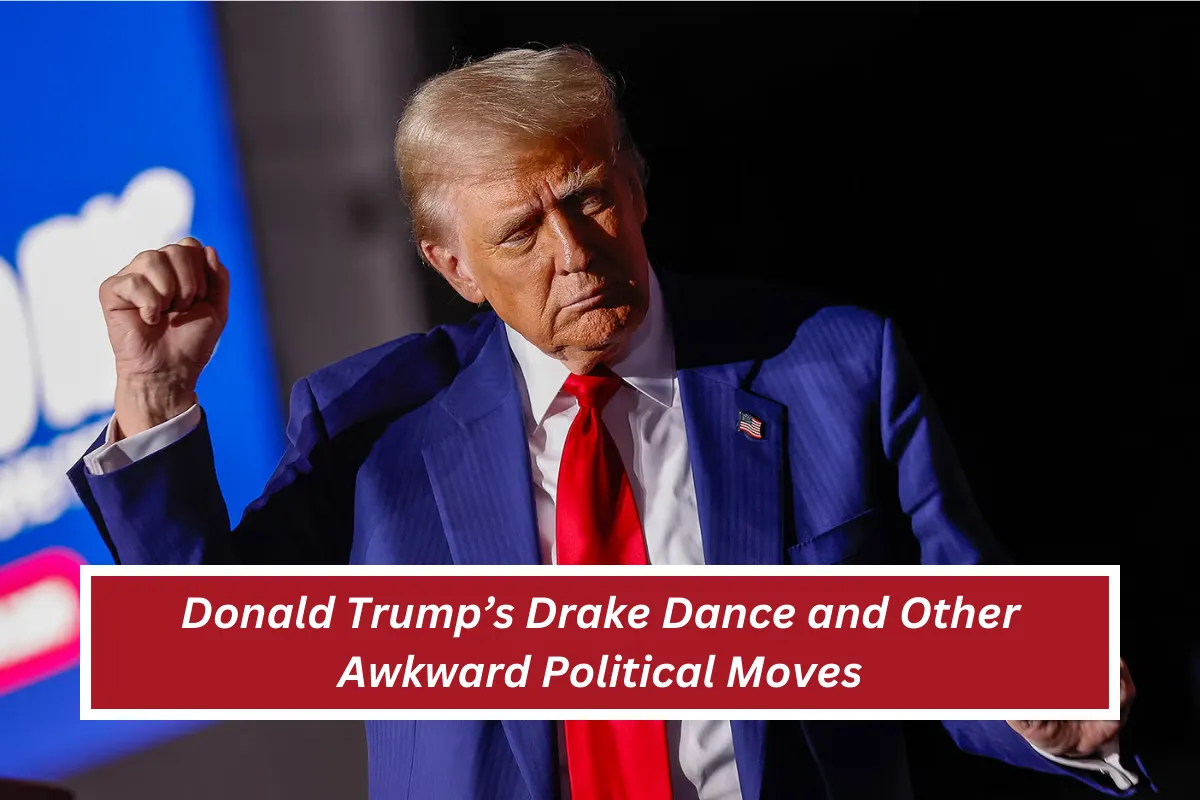The 2024 U.S. presidential election revealed a surprising political shift: nearly 39% of Asian American voters supported former President Donald Trump. This marked a significant increase from 27% in 2016, signaling a transformation in how this community engages with U.S. politics.
This shift raises important questions about assimilation, economic concerns, and identity struggles faced by Asian Americans in a rapidly changing society.
Understanding the Shift in Asian American Politics
Economic Concerns Take Center Stage
For many Asian American voters, economic issues like inflation and rising living costs outweighed traditional liberal values. This trend aligns with broader national concerns, where financial stability often influences voting decisions.
Identity and Assimilation in U.S. Politics
Asian Americans, historically seen as a “model minority,” face immense pressure to assimilate into whiteness to gain societal acceptance. This drive often pushes them to adopt conservative stances to align with dominant cultural norms.
Affirmative Action and Education Battles
Asian Americans have played a pivotal role in debates surrounding affirmative action. While many support such policies, a vocal minority has joined forces with white conservatives to challenge these initiatives, often at the expense of other marginalized groups.
The Role of Reactionary Forces
Conservative Asian Churches and Ideology
Conservative evangelical churches within Asian American communities amplify anti-trans, anti-queer, and anti-reform narratives. These institutions significantly influence community voting behaviors.
Crime and Policing Narratives
Concerns about crime have driven many Asian Americans to align with conservative views on law enforcement and public safety, further distancing them from progressive reforms.
Reimagining Asian American Identity
Scholar Bianca Mabute-Louie suggests that the term “Asian American” has shifted from its radical roots to a more mainstream, assimilationist identity.
Her book, UNASSIMILABLE: An Asian Diasporic Manifesto for the Twenty-First Century, calls for rejecting acceptance from the U.S. empire and redefining belonging through revolutionary solidarity with other marginalized communities.
Conclusion
The rightward shift of Asian Americans reflects deep tensions between assimilation, economic survival, and political identity. To counter this trend, progressive movements must offer compelling alternatives rooted in solidarity and shared struggles.
By embracing a broader vision of belonging and rejecting conformity, Asian Americans can forge new paths toward liberation and justice for all.
FAQs
- Why are more Asian Americans supporting Trump in 2024?
Economic concerns like inflation and living costs drove many Asian Americans to prioritize financial stability over liberal ideals. - What is the “model minority” myth, and how does it affect Asian Americans?
The myth portrays Asian Americans as successful and compliant, pressuring them to assimilate and often pitting them against other racial groups. - How does affirmative action impact Asian Americans?
Affirmative action has boosted representation but sparked internal divisions, with some Asian Americans opposing it to prioritize assimilation. - What is Bianca Mabute-Louie’s perspective on Asian American identity?
She advocates rejecting assimilation and embracing solidarity with other marginalized communities through decolonial values. - How can progressive movements address the rightward shift?
By offering inclusive, transformative visions that unite communities around shared struggles and justice.
